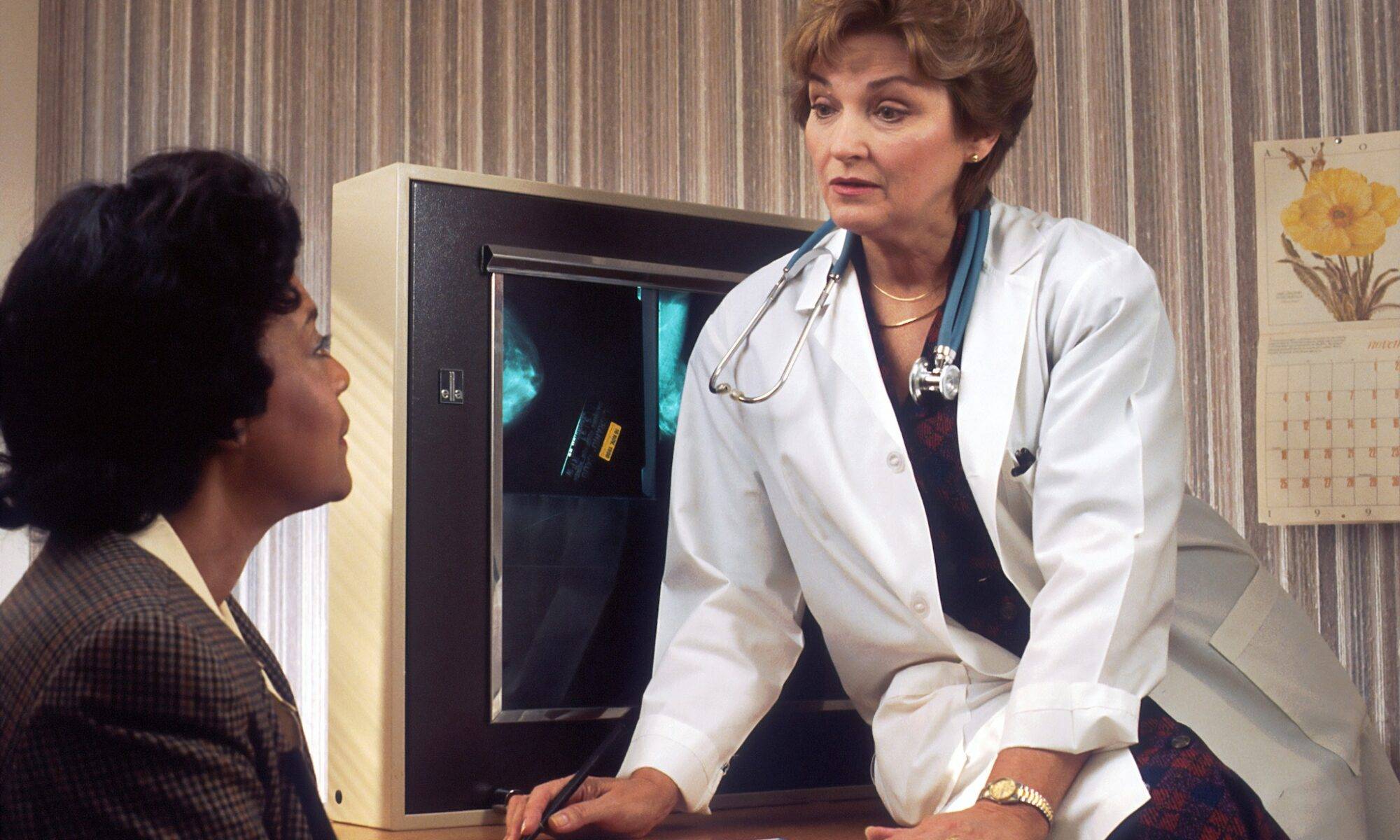As the labyrinthine nature of healthcare expands and the regulatory scaffolding becomes increasingly stringent, health law practitioners find themselves plunged into an ever-deepening maelstrom of challenges. A spectrum that stretches from the task of deciphering the ever-evolving legal codes to confronting the rising intricacy of healthcare infrastructures.
Herein, we delve into the intricate web of the top quintet of challenges healthcare attorneys currently grapple with and discuss potential strategies to navigate these stormy seas.
Unraveling the Gordian knot of regulatory updates
Healthcare, often lauded as the poster child for regulated industries, demands that healthcare lawyers master the Sisyphean task of staying abreast of an unceasing cascade of regulatory updates. Names like HIPAA, Stark Law, and the Affordable Care Act echo through the corridors of legal practices, with non-compliance inviting the wrath of substantial fines and legal actions. To shield their clients from such dire consequences, health lawyers embody the relentless vigilance of sentinels, ensuring every letter of the law is adhered to—a task as monumental as scaling Everest.
Battling the twin-headed hydra of data privacy and cybersecurity
In the realm of healthcare, where technology intertwines increasingly with operations, two concerns loom large—data privacy and cybersecurity. Tasked with the mantle of safeguarding sensitive patient information, health lawyers must also arm their clients against a barrage of data privacy laws. Amidst this, they navigate the labyrinthine legalities of cybersecurity, providing bulwarks against potentially cataclysmic data breaches.
Wrestling with the opioid specter
In the public health arena, the opioid crisis has emerged as a formidable adversary. Here, health lawyers are on the frontlines, grappling with intricate legal issues surrounding the prescription and distribution of opioids. In their dual roles as legal counsels and strategists, they are instrumental in guiding clients’ responses to opioid-related lawsuits, while also engineering preventive policies and procedures against opioid misuse and addiction.
Squaring off against allegations of healthcare fraud and abuse
Healthcare fraud and abuse form a contentious battlefield where health lawyers must valiantly shield their clients. As they navigate the thorny legal terrain of these allegations, these legal gladiators also shape robust strategies and operational guidelines to forestall future accusations.
Sailing the mutable seas of the healthcare landscape
In the dynamic world of healthcare, where change is the only constant, health lawyers must harness their adaptive skills. Guiding clients through shifting paradigms of healthcare delivery models, novel payment structures, and emerging technologies, they help their clients stay ahead, spotting and seizing new opportunities as they unfurl on the horizon.
In conclusion, health lawyers today stand at the intersection of myriad challenges. They navigate through the intricacies of regulations, tackle the opioid crisis head-on, and respond to allegations of fraud and abuse. Nevertheless, with careful strategizing and a meticulous eye for detail, they empower their clients to chart a successful course through these turbulences in a continually evolving industry.
FAQs
What does a health lawyer do? Health lawyers serve as the legal beacon for healthcare providers, organizations, and patients, helping them traverse a myriad of healthcare-related legal issues.
What legal landmines do healthcare organizations frequently encounter? Healthcare organizations often find themselves facing issues like regulatory compliance, data privacy and cybersecurity, healthcare fraud and abuse, as well as employment and labor issues.
How can health lawyers counter the opioid crisis? Health lawyers assist clients by navigating the convoluted legal scenarios related to prescribing and dispensing opioids and help devise policies and procedures to mitigate opioid misuse and addiction.
How do health lawyers keep up with the ever-changing regulatory environment? Health lawyers keep their fingers on the pulse of regulatory changes by monitoring legislative and regulatory developments, participating in industry conferences and continuous education programs, and collaborating with regulatory experts.
What skills does a successful health lawyer need? A health lawyer, to be successful, must possess a keen analytical acumen, masterful communication and negotiation skills, and a comprehensive understanding of healthcare laws and regulations. Moreover, they must be nimble enough to keep pace with the ever-changing healthcare landscape and be unwavering in their commitment to providing top-tier legal representation to their clients.

